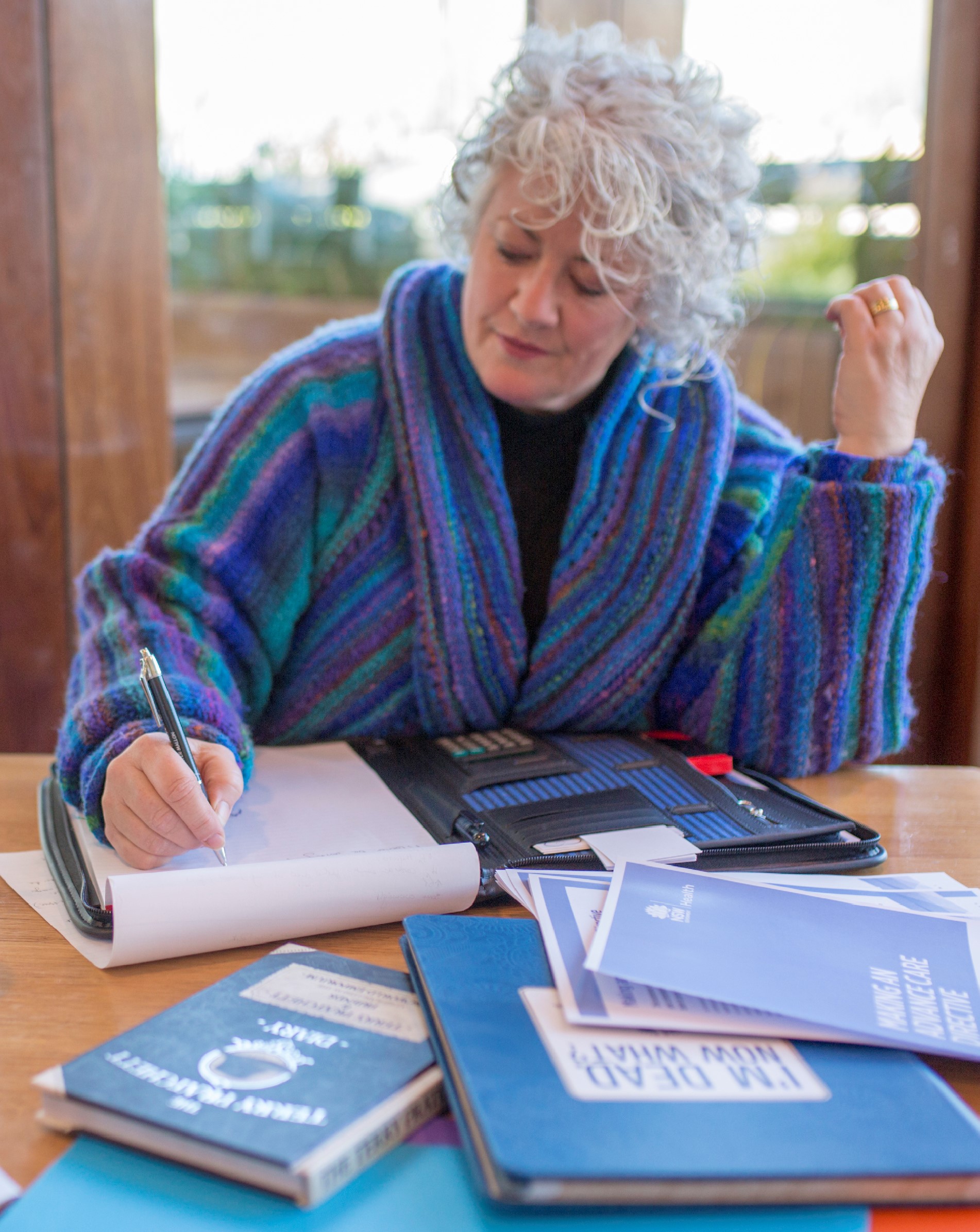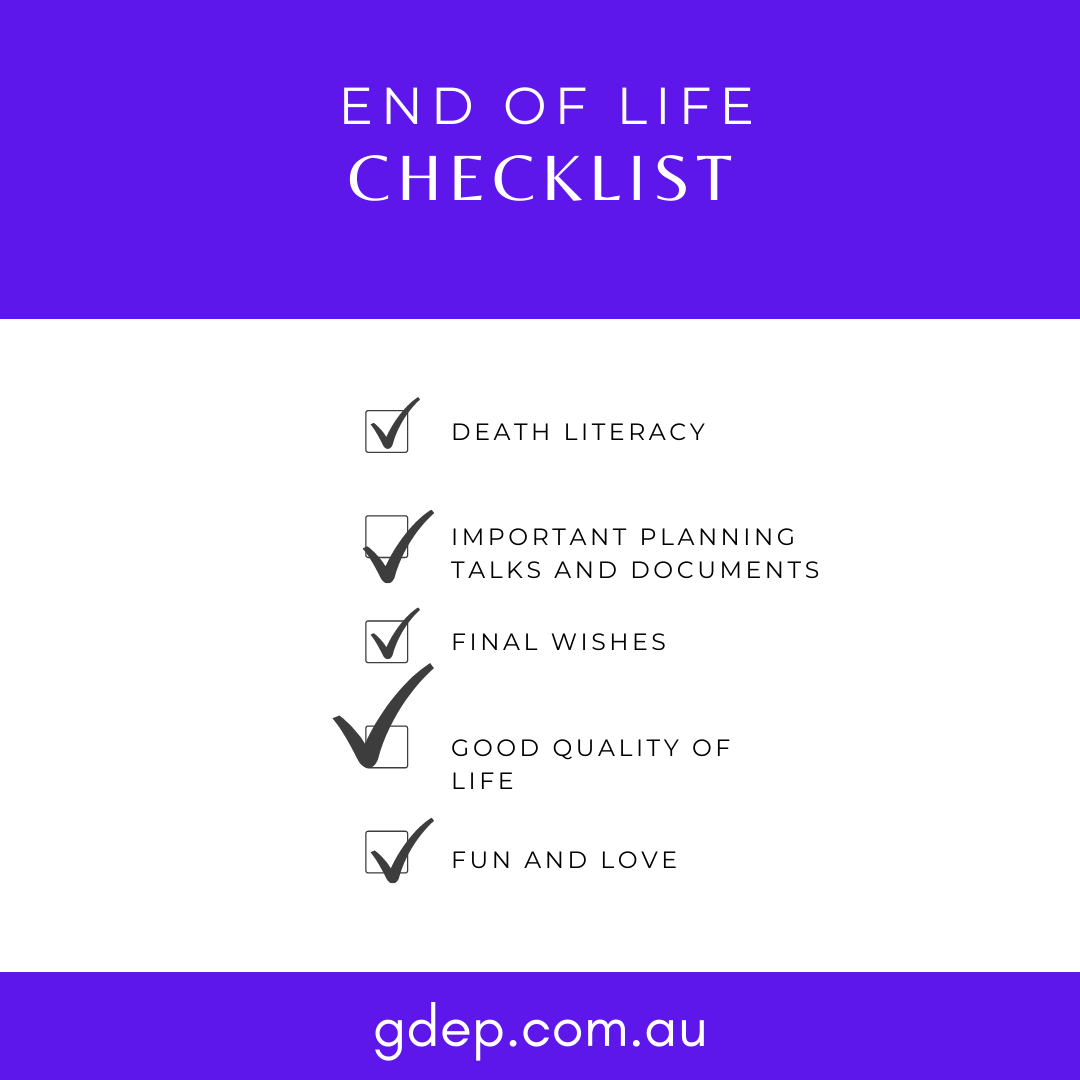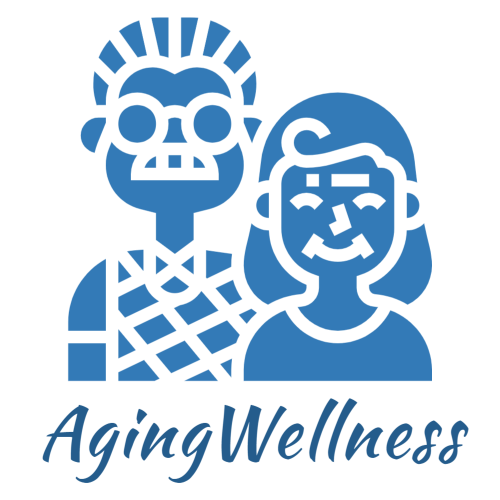
Guest article provided by: gdep.com.au
One of the mottos of my business is Plan your end of life and live better – and a frequent question I’m asked is “how will ‘planning’ improve my quality of life?” Today I will explore this question, explain what planning is and why it is so helpful and hopefully leave you eager to get your own planning sorted out right away.

the end of life checklist helps you stay on track with enjoying yourself right to the end
What is ‘advance planning’
This is the planning you undertake for your quality of life at end of life and after your death, done pre-need and in as complete a manner as possible. This will involve in-depth, honest conversations with the people closest to you so everyone understands what your wishes and decisions are. Bear in mind that some decisions – assisted dying (where available and appropriate for you), organ donation, body disposal and Do Not Resuscitate (DNR) orders – may not be popular with everyone you know.
However, research shows that when family conversations are had where a person is honest with everyone close to them about what their planning entails then arguments or objections are very rare. This makes life much easier for doctors, who will otherwise have to guess what someone may want, and for families who may have no idea of your wishes at all.
Don’t you mean ‘ADVANCED planning’?!?
No, although it’s easy to confuse the two terms. Advance planning (as described in the previous section) is the pre-need, well considered and extensive planning undertaken to ensure your end of life is the kind you want. “Advanced” planning, on the other hand, is a way of saying that life and events have moved along, your plans are well underway and now you are in the late stages of your plans.
As you can see, they are very different things.
OK, so we know what it means, but how does this give me better quality of life at end of life?
Excellent point, and now we get to the meat of the matter.
Planning in advance, with time to truly consider what you value personally and what your priorities are, means that a lot of unspoken and ‘hidden’ stress is lifted from your shoulders. By ‘hidden’ I mean that our death literacy is still very low – death is something to be feared and avoided in modern western culture (like sex: say ‘sex’ and you get pregnant, say ‘death’ and you die. It’s an interesting superstition). While death is the universal human experience – not all of us are born but all of us will die – we have been taught to avoid death completely. Therefore, any ideas or thoughts about end of life and after death decisions are often unspoken and left too late. The desire to express wishes and preferences can be quite strong, so when we resist speaking up this creates stress.
Likewise, hoping your spouse, best friend or children will just magically know what we want without us talking about it or explicitly letting them know also creates tension. Communication – which is at the core of advance planning – makes for healthy relationships and good mental health alike, so advance planning has genuine benefits.
So, advance planning helps with quality of life because we have ticked our boxes.
ID: A picture of Dr Annetta Mallon, a woman with white curly hair and a blue knitted jacket, sitting at a table doing her advance planning. There are several books and documents on the table in front of her.
When is the best time to plan?
Right now! Have all your conversations and meetings with your solicitor now. One of the most common responses I get from younger people is “oh, yes, I’ll tell my grandmother/parent to do this. It’s important.” And this misses the point that young people also die – so young people also need planning in place. While you may not think you have a lot, and that you have time up your sleeve, the reality is that when anyone dies without a will in place the process of executing an estate is more costly and can often take longer than dying with a will. Get into the habit of reviewing your documents regularly and you will never stress about your end of life wishes again.
Advance planning saves stress and a LOT of money!
Without good and thorough advance planning conversations family members may agree to heroic medical interventions that end up being futile and costly in terms of emotion and regret as well as hospital resources and person-hours – to say nothing of the bill at the end. In addition to medical systems is one of the biggest growth industries right now: the funeral industry. In Australia death generates more than $3billion AUD annually – and we are a nation of only 25 million people so that is a big spend on funerals. Remember that funeral costs often increases sharply when there are no plans in place, so do plan your funeral too.
The bottom line is that advance planning saves energy, money, and stress because most expenses happen when there is no advance planning and instructions in place at the time of someone’s death. A lack of planning contributes to personal stress, family conflicts and often protracted and expensive arguments both before and after a death. On the other hand, when your advance planning is complete you can relax and enjoy your family and friends, your passions and hobbies, and the time you have. Planning takes less time than you think so start today – and you, too, can live better.
